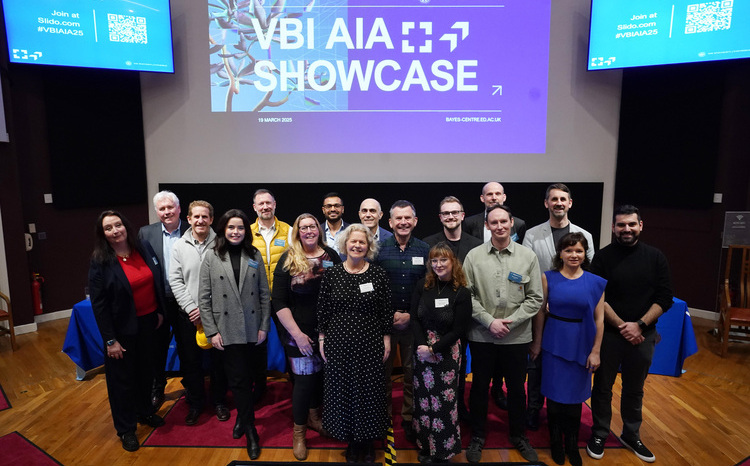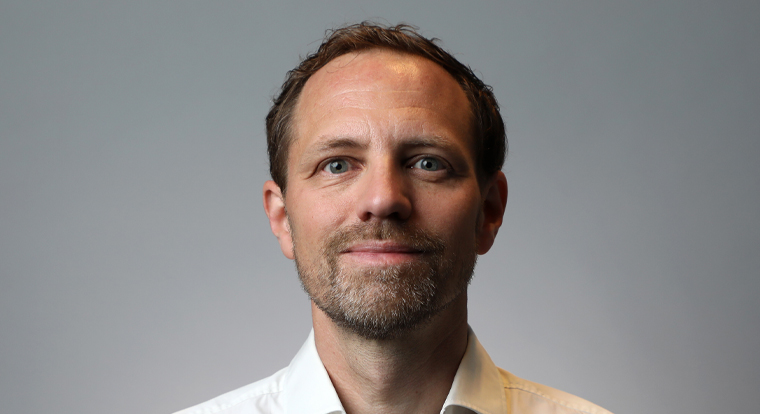Spanish develop intelligent tracking
- 21 September 2009
The University of Granada and Telefónica Innovation and Design have developed a system to locate dependent people in their environment to ensure their safety.
The project, which is partly funded by the Andalusian Ministry of Innovation, uses an electronic system that detects the location of a user moving around it. The system comprises of several fixed level sensors that are placed on the ceiling, a sensor receiver that moves with the person and a computer to receive and process the information.
The prototype is being tested in a hospital in Rome where patients in wheelchairs have sensor-receivers installed in the chair and their movements are fully controlled.
It aims to guarantee patient safety by braking wheelchairs if they get close to dangerous places such as staircases. The technology can also carry out simple tasks including opening doors if the wheelchair approaches them.
José Carlos Segura Luna, from the Department of Signal Theory, Computer Networks and Communications of the University of Granada, said: “The prototype has produced excellent results regarding the effectiveness to recognise the moving object, and we are now working to optimise the design of the different devices and improve the variables it can control.”
A model room with the technology embedded in it has also been set-up in Telefónica’s Innovation and Design office in Granada where further developments are being made.
Luis Carlos Fernández, director of Telefonica R&D Granada Centre, told E-Health Europe: “It’s a great system and it’s proven to work but it’s very difficult to put into the market because the commercialisation model is very difficult.
“Telefonica are an operator and to deploy the system on a large scale we need the technology on standard terminals and it’s very difficult to put this type of technology on a normal handset.”
Link




